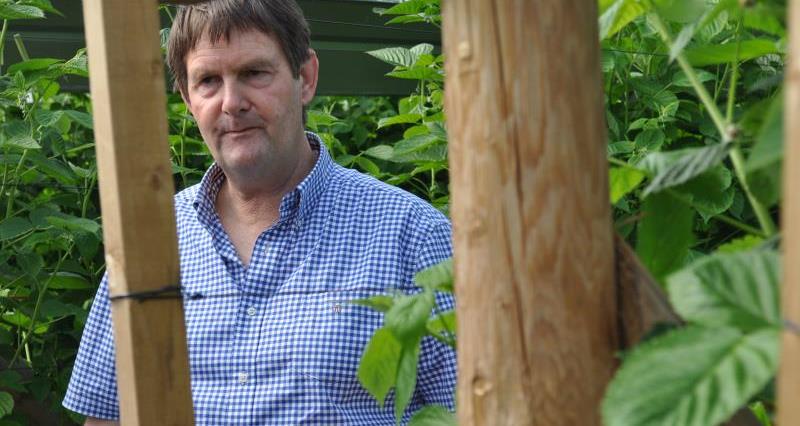Why doesn’t the Government simply commit to reinstating a Seasonal Worker Scheme to save British Horticulture, and benefit the health and Economy of the UK post Brexit?
It doesn’t really need to wait for the Migration Advisory Committee (MAC) to conclude its review. Indeed, on recent MAC visits to local farms and businesses, there was huge frustrated expressed by many that there continues to be a lack of understanding of our industry and that our seasonal requirements should not be seen as an immigration issue.
We were asked why we simply don't increase wages and if it was sustainable for businesses to continue employing Foreign labour. It seems we're also being pitched against other industries, should a 'quota' be introduced post-Brexit. I'm seriously concerned that the government would prefer to accept higher imports than support our labour needs. This is not a view we can possibly accept!
My other frustration is with our local Council planning department regarding the construction of an irrigation lake, which meets all the DEFRA requirements for winter water storage and new technology to improve productivity through trickle irrigation. Other local growers are unfortunately experiencing similar challenges. It's great that we have the support of the NFU's national water policy adviser, Paul Hammett, who visited us last week.
As well as the extremely expensive and time consuming statutory requirements for flood risk assessments, newt surveys, environmental surveys and so on, for a small irrigation lake that is in the middle of the farm nowhere near any properties, the Council is now treating the application in the same way as if it was an urban industrial reservoir. They are asking us to employ a reservoir panel engineer with many other expensive additional costs and, in our advisor's opinion, unnecessary requirements.
One of the major attractions in the pre referendum argument in favour of Brexit was the fact that we would potentially have less red tape and be able to make positive economic decisions more quickly.
With these two local examples, I’m yet to be convinced!
